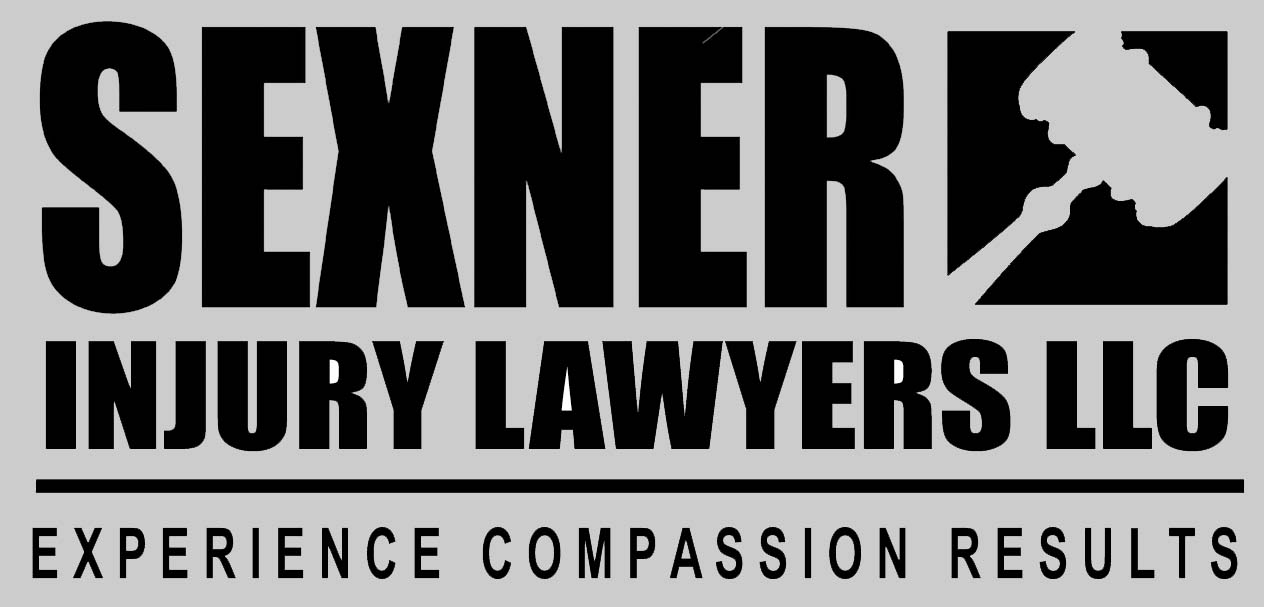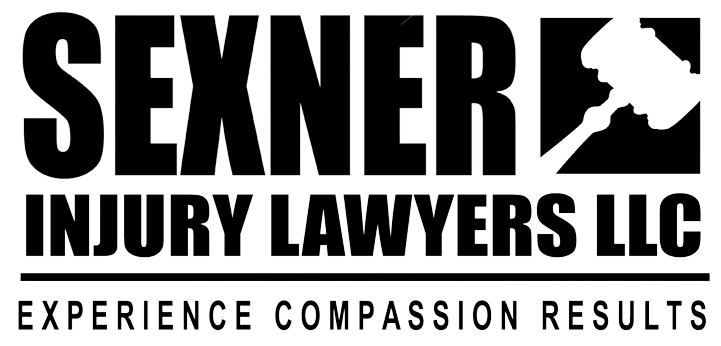Chicago Encephalocele (Neural Tube Defect) Attorneys
 The neural tube is a small, flat, ribbon-like structure that turns into a tube by the time the first month of pregnancy is over. It folds and closes to ultimately form the spinal cord and brain. A neural tube defect (NTD) is a congenital birth abnormality that refers to a neural tube that does not close completely as it should.
The neural tube is a small, flat, ribbon-like structure that turns into a tube by the time the first month of pregnancy is over. It folds and closes to ultimately form the spinal cord and brain. A neural tube defect (NTD) is a congenital birth abnormality that refers to a neural tube that does not close completely as it should.
Encephalocele is one such NTD. It is a sac-like projection or protrusion of the membranes around the brain and the brain itself, extending from the skull. Encephalocele results in an opening either between the nose and forehead, in the middle part of the skull, or at the base where the skull meets the neck.
This birth defect in which the brain and skull protrude can lead to long-term disabilities and has been linked to the use of SSRIs (Selective Serotonin Reuptake Inhibitors), a class of antidepressant drugs frequently prescribed to pregnant mothers. Taking SSRIs while pregnant is a risk factor for a number of other birth defects as well. If your child was born with enecephalocele or any other neural tube defect and you took SSRIs while pregnant, you may be able to get compensation you need to manage your child’s condition. Contact Sexner Injury Lawyers LLC‘s Chicago enecephalocele lawyers at (312) 243-9922 to learn more.
Surgical Repair of Encephalocele
Most babies do need surgery to place the protruding part of the brain inside of the skull, and many babies also require a shunt to drain excess fluid from the brain. Some signs of encephalocele include:
- Seizures
- Loss of strength in legs and arms
- Unusually small head
- Fluid buildup on the brain (hydrocephalus)
- Developmental delays
- Lack of coordination of voluntary muscles
- Vision problems
- Intellectual disabilities
- Paralysis
Medical Malpractice Claims for Encephalocele
Genetics certainly play a large part in most birth defects. But outside factors have also been shown to influence whether a neural tube abnormality like encephalocele will occur. When a doctor, obstetrician, or other medical professional in some way helps to cause the condition, or fails to diagnose and treat it effectively, it may be that medical malpractice has occurred.
- The first area in which a doctor may commit malpractice involves prescribing (or failing to advise against taking) certain drugs that have been linked to birth defects, including those affecting neural tube formation. Some SSRI antidepressants, anticonvulsants (anti-seizure), antimetabolics, contraceptives, nausea/morning sickness drugs and acne medications are believed to cause birth defects when taken during the early stages of pregnancy (or even before). Many of these reduce folic acid levels and this is known to create a negative effect. It is a doctor’s responsibility to know which drugs may harm the fetus and to fully inform the mother.
- The second area of possible malpractice involves negligent testing for, screening for, or diagnosis of the birth defect. Early diagnosis is absolutely vital to planning for and treating birth defects such as encephalocele. Parents make all kinds of difficult personal decisions when pregnant with a fetus who exhibits a birth defect. Depending on the stage of the pregnancy, some parents may choose to terminate the pregnancy. Others will not. But when a birth defect is incorrectly diagnosed or the diagnosis is delayed, the doctor may deprive the parents of certain choices that they might have made if the abnormality had only been known earlier. This type of claim is known as a “wrongful birth” or “wrongful life” suit.
- The third area of possible malpractice involves negligent treatment or surgical intervention. As with any other birth defect, a doctor or surgeon may fail to treat the condition properly once detected. It is vital that the obstetrician plans ahead and immediately consults with other medical experts in the field to determine whether, when, and where surgery should take place. This includes the decision of whether to schedule a C-section ahead of time to avoid damage to the sensitive sac. A failure to do this may subject the baby to added risks.
Compassionate and Experienced Encephalocele Lawyers in Chicago
Babies born with encephalocele often require extensive and expensive medical treatment as well as lifelong care. The Chicago birth defect attorneys at Sexner Injury Lawyers LLC are well aware of this and have been helping families who have been affected by the medical malpractice of their health care providers since 1990. There is never a cost for information or to discuss your circumstances. We can also review your medical records free of charge to evaluate whether any error occurred. Call us at (312) 243-9922 hours a day and let us see if we can be of help to you.

